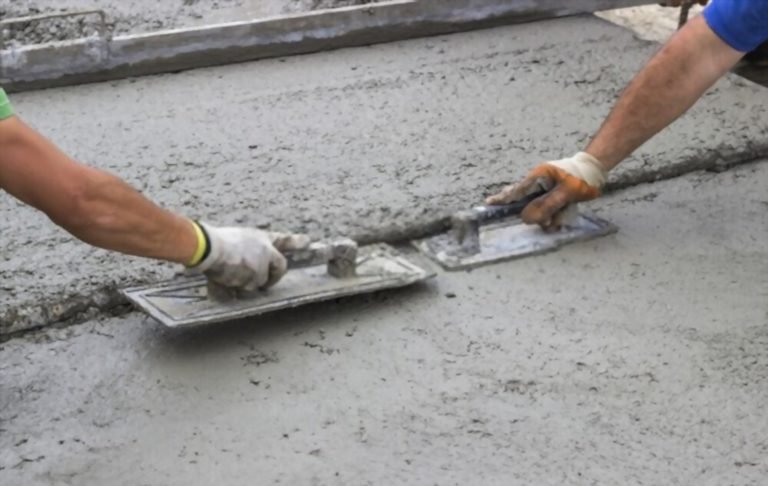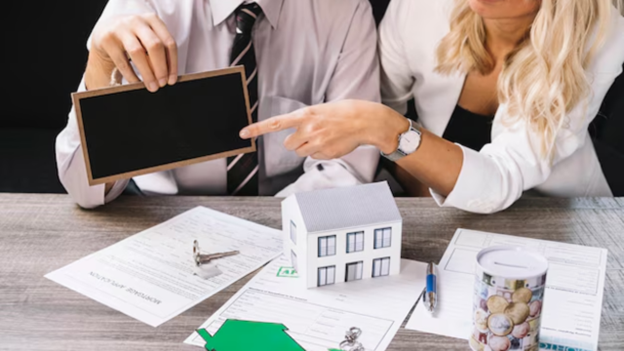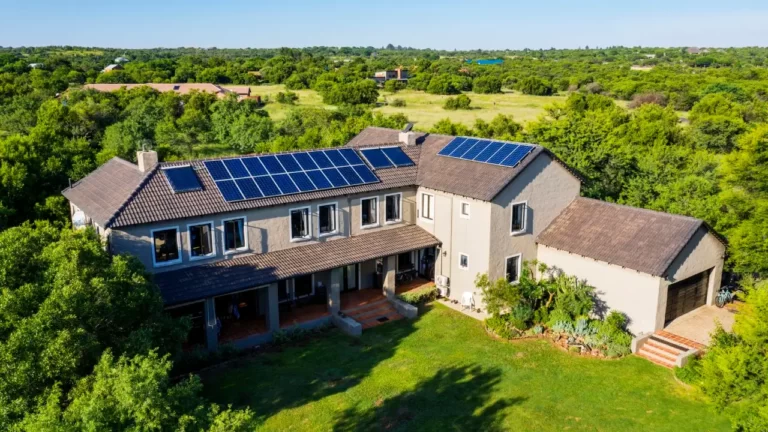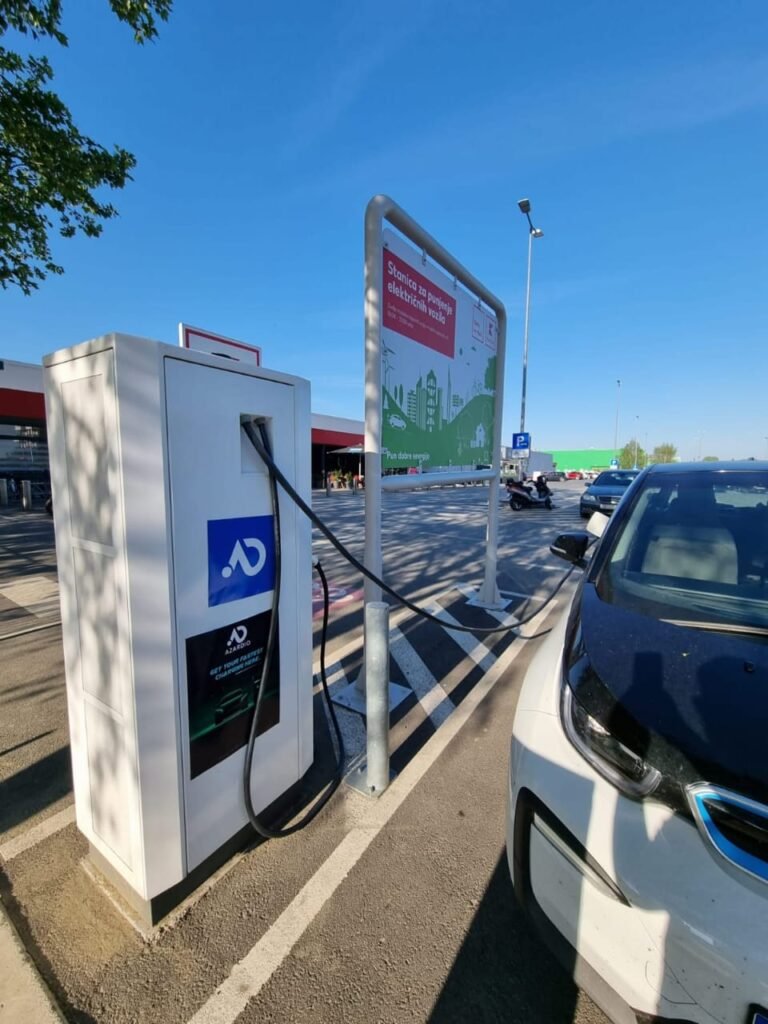For countless reasons, property development is the constituent of today’s world. Our entire economy and development are based on property development. As we expand our horizons and move forward with time, more people migrate from rural areas to urban areas in search of jobs or to launch their own businesses. In short, urban societies have been expanding, and that is a great thing for all of us. Except for the fact that we do not really have enough developed land to accommodate the sudden increment of population. That is where land development comes into the picture.
What is land development?
Land development is a complex process of planning, engineering, and constructing new developments on a piece of empty land. In other words, development on empty lands. Sounds easy and convenient? I, personally, think being a land developer is the world’s toughest job. That is due to the countless responsibilities and regulations you have to take care of. Regulations for land development depend on what type of infrastructure you are looking to construct. There are numerous types of land developments. The most common ones are;
- Redevelopment.
- Subdivision of lands into parcels.
- Construction.
- Leasing or rent.
There are further subdivisions of rental infrastructure, which fall under the land development category. Leasing or renting offices, building, commercial areas, factories, etc. falls under land development.
In today’s fast-developing world, the leading market is real estate. The first priority of an investor is Real Estate. In Australia, land developments with Development Ready are the most popular among investors. Similarly, all around the globe, people are looking to invest in real estate.
As an investor or a land developer, it is crucial that you fully understand some most important aspects of land development. For example, before investing in a land development project, you should know that the land is sustainable and will not deteriorate in the future. This will, after development, cause whatever infrastructure is made on the land to collapse. Here are some things you need to consider before going all in.
- Location of the property, is it safe?
By safe we mean, if there is a flood, will your property be affected by it? Is the hate crime ratio too alarming in the area? Will your business be safe in this location?
- Do you see the worth of the property going up in the coming years?
Property is the safest investment…if it’s done right. If the property is scenic, spacious, close to markets, warehouses, or a commercial area, then the value is bound to double.
- Is it a sustainable investment?
Land development is a costly investment. You need it to make sure that it has a sustainable Return On Investment (ROI) ratio.
- Are you financially stable enough to afford the risk?
A good investor always hopes for the best but prepares for the worst. While investing in the property, think of the worst-case scenario and think if you can afford that. Invest accordingly.







